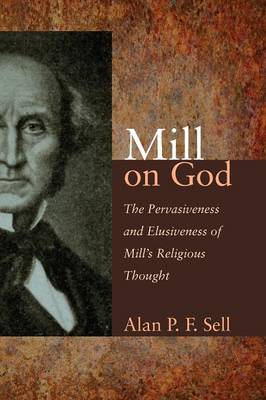Ashgate Studies in the History of Philosophical Theology
1 total work
John Stuart Mill (1806-1873) was the most influential nineteenth-century British philosopher. Highly regarded by many in his own day, his writings on logic, economics and moral philosophy have been widely studied ever since. His religious writings have received less attention yet were highly controversial when originally published. They have continued to provoke philosophers of religion. This is especially so with respect to Mill's ideas on immorality, and his dramatic posing of the problem of evil. Based upon a study of Mill's intellectual environment, life, critics contemporary and subsequent, and the relation of his religious writings to the rest of his corpus, Alan Sell presents an invaluable introduction to, and exploration of, Mill's religious thought. Despite Mill's widespread failure to satisfy believers and non-believers alike, Sell shows that in his religious writings he raises issues of continuing importance, not least that of the appropriate starting-point for Christian apologetics. This comprehensive study represents an invaluable resource for students and scholars of philosophy, intellectual history and theology as well as for those more generally interested in Mill.
